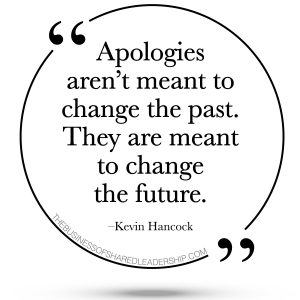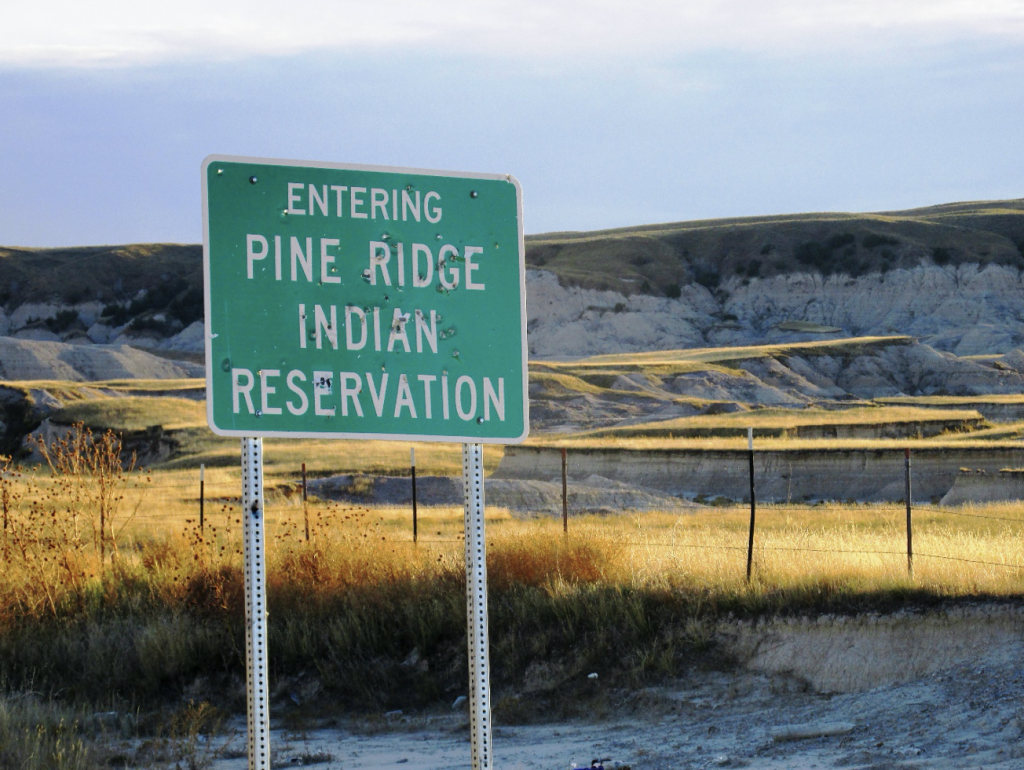“If an apology is followed by an excuse or a reason, it means one is going to commit the same mistake again they just apologized for.”
—Amit Kalantri
 The morning light summons silence and awe as I enter Wind Cave National Park. As I drive, I marvel at the natural beauty that surrounds me. In time my mind wanders back to something I heard from the executive director of the Thunder Valley Community Development Corporation yesterday, back on the Pine Ridge Indian Reservation. He said that to his knowledge, the US government has never officially apologized for breaking the Treaty of 1868, or for the cultural and economic oppression that followed.
The morning light summons silence and awe as I enter Wind Cave National Park. As I drive, I marvel at the natural beauty that surrounds me. In time my mind wanders back to something I heard from the executive director of the Thunder Valley Community Development Corporation yesterday, back on the Pine Ridge Indian Reservation. He said that to his knowledge, the US government has never officially apologized for breaking the Treaty of 1868, or for the cultural and economic oppression that followed.
Suddenly an idea comes to me and I pull the car over hastily into a small gravel turnout. Historically, Lakota society was communal; no one spoke for everyone. All voices were important. Government was informal then, and the power went to the people. It is from this spirit that my ideas flow.
“Why can’t I write an apology?” I ask myself.
I turn off the car, grab my journal, take out my pen, and eagerly begin to write. From there the words just flow . . .
THE APOLOGY
To the Lakota people and all the First Nation tribes of the northern plains:
My name is Kevin Hancock, and I would like to apologize.
I have learned the history of your people and I am aware of the devastating impact America’s Western expansion had upon you.
I apologize that we put our needs above yours.
I apologize that we broke our treaties.
I apologize that we took your land under the guise of our own industriousness, and as if we had God’s blessing.
I apologize that we saw your race and culture as inferior and treated you as such.
I have also learned about the neglect and federal mismanagement of your reservations in the twentieth century, and for this, too, I would like to apologize.
I apologize that we restricted your constitutional rights to free speech and religion.
I apologize that we restricted your rights to gather and to bear arms.
I apologize that we sold off your property without your consent or just compensation.
I apologize that we sent your children off to unforgiving boarding schools to be remade.
I have seen modern-day life at Pine Ridge, and I would like to apologize for the conditions a century of oppression and mistreatment helped create.
I wish we could go back and rewrite history. I wish we could start over and do it differently. I wish we could have seen that there was room for everyone. I wish we had not overreached.
I hope you will accept this apology and that we can now join together in the Lakota tradition that says all people are one people. An apology from one person may seem small. It changes nothing in many ways. At the same time, this is how I feel, and I do not believe I am alone. I believe there are hundreds of millions of people across America who are also sorry.
I hope this apology contributes to the process of healing, forgiving yet remembering, and moving on.
Having met your people, I believe in your future.
Sincerely,
Kevin Hancock
(This passage is an excerpt from Kevin’s first book, NOT FOR SALE: FINDING CENTER IN THE LAND OF CRAZY HORSE.)
* * *
I quietly put my pen away in the silver binder rings of my journal and get out of the car. The crisp Black Hills air engulfs me as I walk reflectively in a slow circle.
People who have been marginalized need understanding and respect in order to heal. Perhaps an apology from the people can be even more powerful than an institutional apology from a bureaucratic government.
I stop circling and take a deep breath. The air flows in through my nose and descends into my body. The power of that air spreads through me. I close my eyes and extend my arms in prayer to the Great Spirit.
“I apologize,” I say out loud. “I apologize.”
* * *
Apologies aren’t meant to change the past. They are meant to change the future.
Please join me by clicking this link and adding your name to this apology. Please feel free to share the link, inviting others you know (and some you don’t) to do the same.
http://www.seventhpower.org/the-apology/
“The United States agrees that commencing on the east bank of the Missouri river where the 46th parallel crosses, thence down said east bank to a point where the northern line of the State of Nebraska strikes the river, thence west along said river to the 104th degree longitude, thence north to a point where the 46th parallel intercepts the same, then due east along said parallel to the place of the beginning shall be set apart for the absolute and undisturbed use and occupation of the Indians herein named.”
—The Second Fort Laramie Treaty of 1868

Thank you for considering my thoughts. In return I honor yours. Every voice matters. Nestled between our differences lies our future.
______
This is the forty-sixth post in a series of short essays to be posted by Kevin to www.thebusinessofsharedleadership.com in 2021. Kevin is dedicating these writings in honor of Black Elk, the Oglala Sioux holy man who was escorted as a child on a sacred vision quest by the 48 horses of the four directions to visit the six Grandfathers. My horses, prancing they are coming. They will dance; may you behold them. On that journey Black Elk understood the sacred power that dwelled within him and lives within us all. He also recognized that this power could be used for good or bad. Intentional we must be about the path we walk. To invite others to join The Business of Shared Leadership and receive these posts, just pass this link along. The more who join, the deeper the energy field of engagement will become! Thank you!